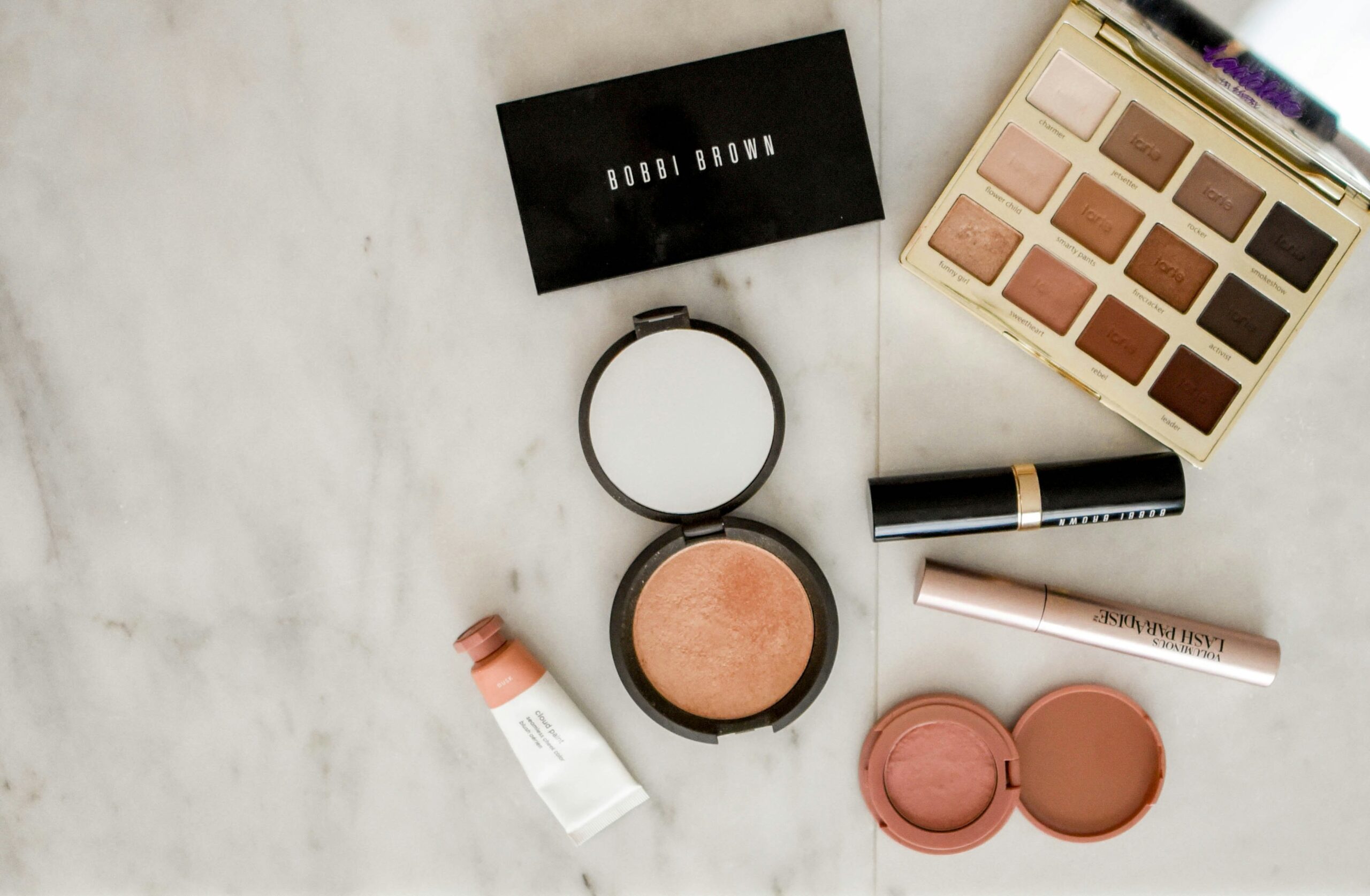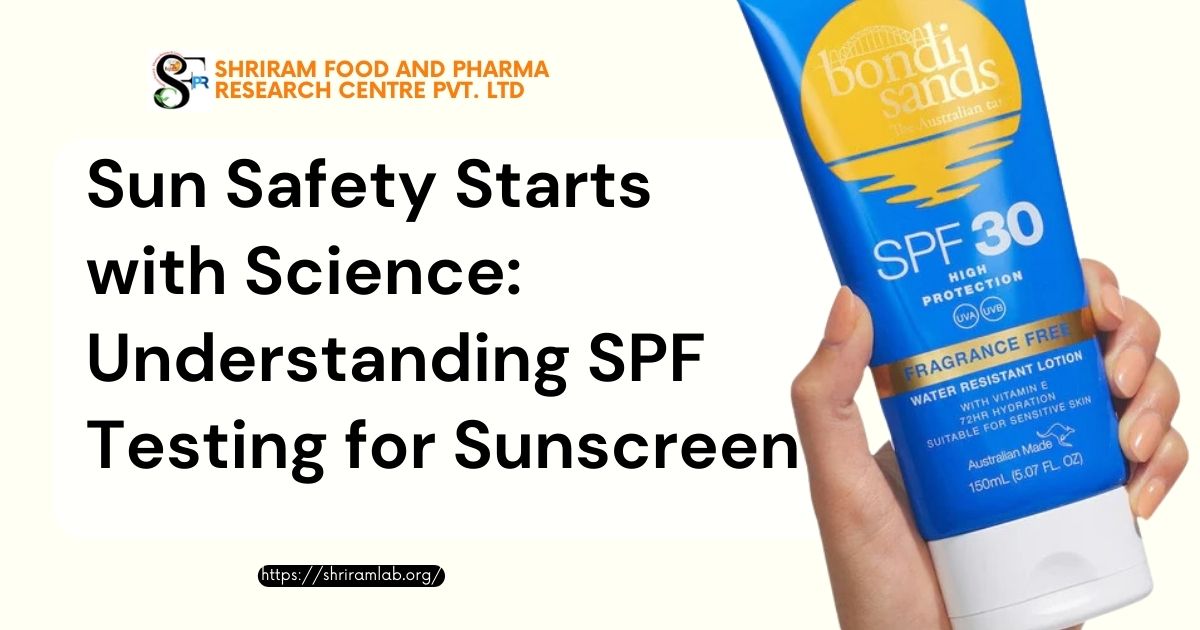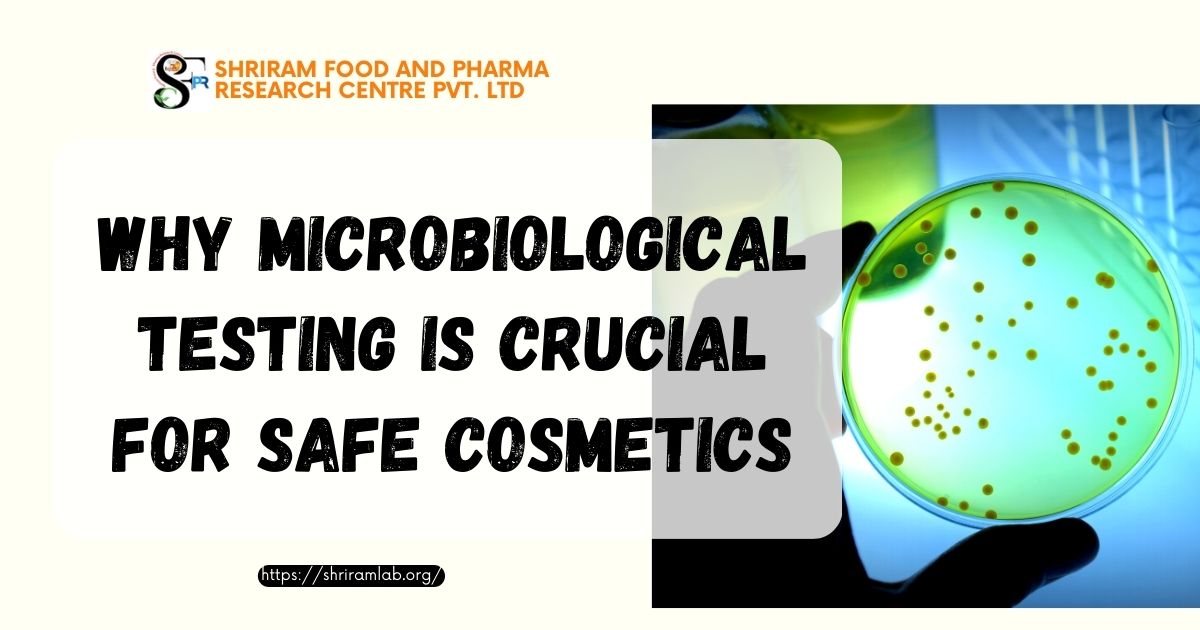Testing cosmetics is crucial because it ensures that the products you put in stores are safe and high-quality. Sometimes, the formulas need adjustments to meet safety and quality standards. If you release untested products, it can harm your brand, reputation, and sales. Certification processes also involve testing cosmetics, like ensuring cruelty-free or kosher products. Let’s explore why testing cosmetics is essential and the consequences of neglecting it.
How to Confirm Your Cosmetics are Safe
To make sure your cosmetics are safe, thorough testing is a must. Tests should focus on the quality and safety specifications. Different types of testing include:
- Microbiological Testing
- Microbiological testing is essential to check whether a product contains microorganisms or not. Microbial growth can cause contamination, which can affect the product’s quality and stability.
- Stability Testing
- Stability testing checks whether a product remains stable under varying climatic and storage conditions. This testing ensures the product’s longevity and usefulness.
- Patch Tests
- Patch tests are performed to determine whether a product is suitable for use on the skin. Products without patch tests can cause irritation, redness, or rashes when applied. It is recommended that consumers conduct patch tests before using a product.
- Safety & Toxicological Testing
- Makeup and cosmetic products contain different compounds and chemicals that may create chemical reactions and toxic elements. Testing for safety and toxicology is important to ensure the products’ safety for consumers.
- Performance Testing
- Performance testing ensures that cosmetic products perform well in different conditions. For example, the effectiveness of a whitening skin cream determines its performance. Performance testing typically measures the prolonged use of products.
- Compatibility Testing with Packaging
- Packaging materials and their compatibility with the actual products are also tested. Compatibility testing ensures that the products remain stable and safe when stored in packaging. For instance, colored or tinted bottles are used to store essential oils as it prevents their reaction with sunlight.
Regulations for Cosmetic Product Safety
The FDA (Food And Drugs Administration) regulates cosmetic products in the USA. The rules prohibit the use of chemicals or inorganic compounds in cosmetic products. Similarly, India has specific regulatory procedures for testing cosmetic products. The regulatory processes ensure that the final products are safe and tested as per the regulatory testing body. It does not mean that the regulatory body tests and approves all products. However, brands must follow guidelines, regulations, and laws set by the regulatory body.
Cosmetic Product Testing Laboratories in India
Top testing laboratories in India include:
- Shriram Food & Pharma Research Centre
- Ghaziabad Testing Laboratories Pvt. Ltd.
- Testing Laboratory India
- Spectro Analytical Labs
- Alcatech Research Laboratory
CDSCO – Central to Cosmetic Safety
CDSCO is the central authority for approving new chemicals, conducting clinical trials, and regulating drug imports. This regulatory body issues licenses to cosmetics, skincare, and personal care companies. CDSCO has six zonal offices, seven laboratories, and 13 port offices in India. The primary role of CDSCO is to ensure public safety by maintaining the quality of cosmetics products and drugs. This regulatory body also tests the efficacy of ingredients. Indian cosmetics companies must remain aligned with the rules and guidelines set by CDSCO to ensure their products’ safety and quality.
In Conclusion
The testing of cosmetics is essential to ensure the safety and quality of the products distributed in the market. Brands should also focus on obtaining vegan-friendly and cruelty-free status. They can outsource their manufacturing to a private label company that follows all safety regulations and testing procedures.





